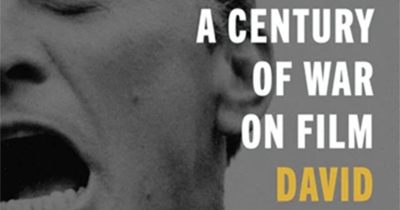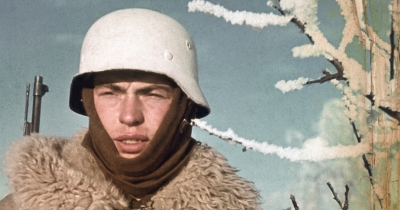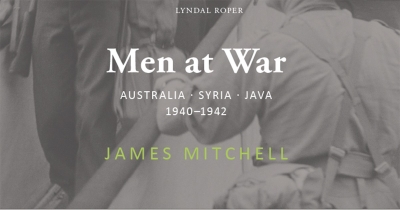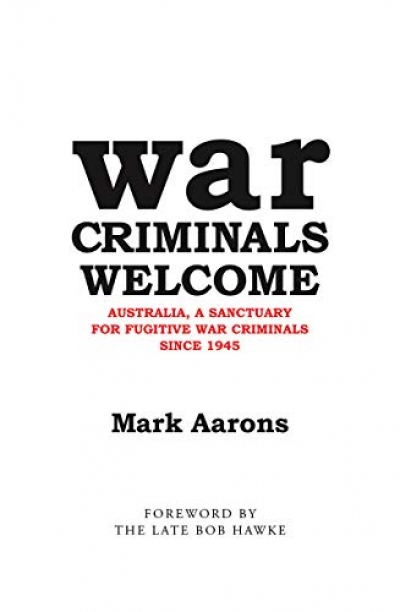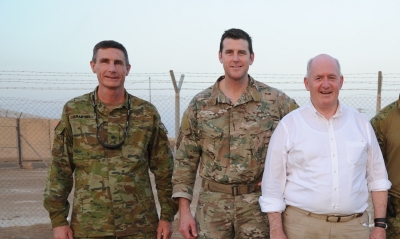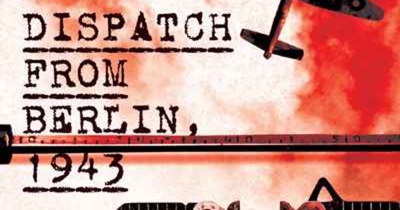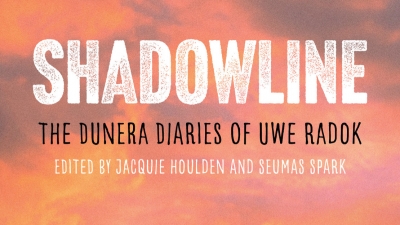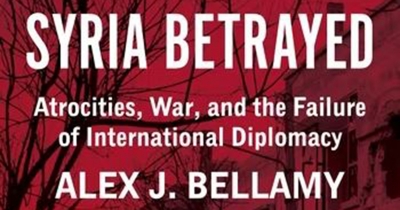War
The Fatal Alliance: A century of war on film by David Thomson
by Kevin Foster •
November 1942: An intimate history of the turning point of the Second World War by Peter Englund, translated from the Swedish by Peter Graves
by Joan Beaumont •
Men at War: Australia, Syria, Java 1940–1942 by James Mitchell
by Michael McKernan •
War Criminals Welcome: Australia, a Sanctuary for fugitive war criminals since 1945 by Mark Aarons
by David Fraser •
Justice Anthony Besanko’s dismissal of Ben Roberts-Smith’s defamation proceedings against a trio of mastheads – The Age, The Canberra Times, and The Sydney Morning Herald, at the time all owned by Fairfax – was a comprehensive victory for those newspapers. It was a vindication of their serious investigative journalism on matters of high public interest. And it was a devastating blow to the reputation of Roberts-Smith.
... (read more)Dispatch from Berlin, 1943: The story of five journalists who risked everything by Anthony Cooper, with Thorsten Perl
by Joan Beaumont •
Shadowline: The Dunera diaries of Uwe Radok edited by Jacquie Houlden and Seumas Spark
by Francesca Sasnaitis •
War: A genealogy of Western ideas and practices by Beatrice Heuser
by Philip Dwyer •

